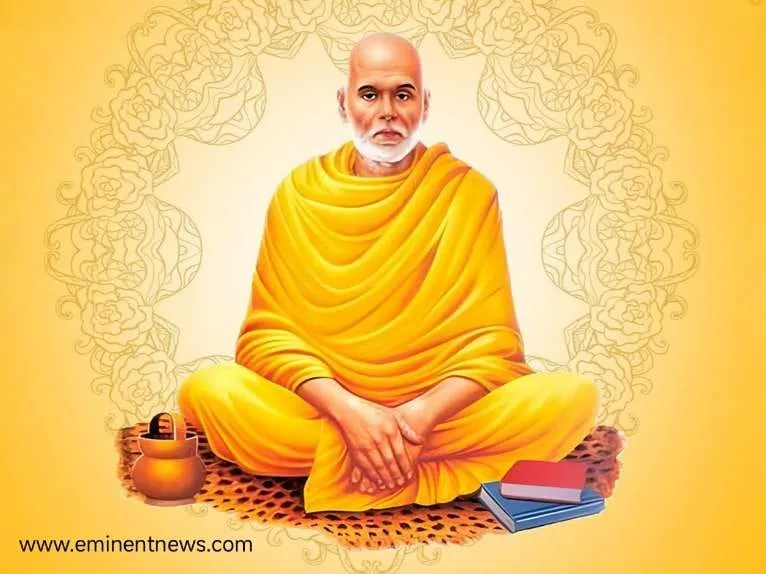The Supreme Court urged the Union government to frame guidelines for regulating social media, noting that influencers often commercialise free speech in ways that may offend the sentiments of vulnerable groups. SC directed that these regulations be drafted in consultation with the National Broadcasters and Digital Association.
The Supreme Court observed that free speech is a constitutional right under Article 19(1)(a) but it cannot be commercialised in ways that harm public dignity or target vulnerable sections such as disabled persons, women, children, minorities and senior citizens ,
Right to Freedom of Speech and Expression
- Article 19(2) of the Indian Constitution deals with the reasonable restrictions that can be placed on the fundamental right to freedom of speech and expression under Article 19(1)(a).
- Conditions under which speech can be restricted by the state like Security of the State, Public Order, Decency or Morality, Contempt of Court, Defamation, Incitement to Offense.
- Article 19(2) of the Constitution does not recognise offensive speech as a distinct category as Right to Take Offense , Therefore, the notion of a right to take offence lies beyond the ambit of constitutionally permissible limitations.
- It’s a nuanced, evolving concept but not an inherent sentiment , Must be cultivated and developed over time. Dr. B.R. Ambedkar believed the legislature, not the Constitution, should decide forms of administration & must balanced Constitutional Morality
Previous Judgements
| Subramanian Swamy v. Union of India (2016) , The Supreme Court upheld criminal defamation as valid. It upheld criminal defamation ruling that reputation is part of Article 21 and free speech under Article 19(1)(a) can be reasonably restricted to protect dignity. |
Need for Regulating Digital/Commercial Speech
- Derogatory remarks against persons with disabilities, minorities, or women perpetuate stigma , Regulations can ensure inclusivity and dignity in public discourse & will protect vulnerable groups
- Influencers and comedians earn from monetised platforms. Their speech is not purely private; it is a public service with commercial stakes , Guidelines can create responsibility proportional to reach and influence & Accountability of influencers
- Fake news, hate speech, and derogatory jokes can trigger violence or social unrest, reasonable limits may prevent escalation due to harm and disorder fake News
- EU’s Digital Services Act and UK’s Online Safety Act already regulate harmful online content. India cannot remain unregulated when speech directly affects millions of internet users but we must Aligning with global trends
Concerns
- Bharatiya Nyaya Sanhita (2023), IT Act (2000) and IPC provisions already provide remedies which are Existing laws already cover misconduct
- Vague terms like “dignity” or “decency” may be misused to silence satire, art, or political criticism. Fear of prosecution may push comedians, journalists and influencers towards self-censorship cause Risk of overreach and chilling effect
- Democracies like the US adopt the “marketplace of ideas” model, protecting even offensive speech unless it incites violence , Over-regulation in India risks isolating its digital creators and undermining global competitiveness in creative industries. all Contradicts Global Free Speech Norms
- Excessive regulation weakens democracy’s ability to tolerate dissent and discomfort and alsio Threat to Democratic Culture
Free speech in India has always been limited, not absolute but shaped by constitutional norms and social sensitivities. The digital era intensifies these tensions making the speech instant, global and monetised. While protecting dignity and preventing harm are legitimate aims, over-regulation risks suppressing creativity, satire and political criticism. regulations must be transparent, proportionate and participatory protecting both vulnerable groups and the constitutional promise of free expression , visit here
The focus of laws can be directed only on hate speech, incitement to violence and deliberate misinformation. A transparent and independent oversight body can review the content takedown cases , Industry codes of conduct and content rating systems can become the first line of control. for Other Judgement news link yourself here



























